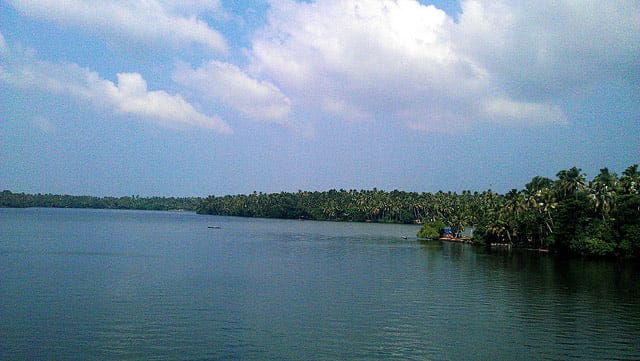Kerala’s Ashtamudi clam fishery to first in India to receive MSC certification
Clam fishery in the Ashtamudi estuary in Kolam district of Kerala is the first in India to receive Marine Stewardship Council (MSC) certification. This certification will help to boost sustainable fisheries while protecting the ecosystem in this Wetland area.
It has become the third in Asia to receive this recognition.
It is a joint effort of the Central Marine Fisheries Research Institute (CMFRI), Kochi, the Kerala State Fisheries Department and the World Wildlife Fund, along with the local fishing community.
What is Marine Stewardship Council (MSC) certification programme?
- The MSC programme is the world’s most rigorous, science-based standard criteria for sustainable seafood.
- MSC certification is basically ecolabel used to monitor the health of the world’s oceans by recognizing and rewarding sustainable fishing practices, influencing the choices people make when buying seafood, and working with partners to transform the seafood market to a sustainable basis.
- This certification implies the implementation of measures that will ensure that the resource is not overfished at the cost of the eco-system.
- When buyers choose to purchase MSC certified fish, fisheries are rewarded for sustainable practices.
- Thus MSC programme helps to harness market forces to incentivise positive environmental change.
- Globally, over 11 per cent of the annual global harvest of wild fisheries is engaged in the MSC programme. Globally more than 19,500 seafood products are certified and eco-lebeled by MSC.
Implications
- It also opens up the scope for other fisheries in India to work towards MSC certification that will enhance conservation and sustainability of the resource while providing greater economic returns.
- This may be set an example by showcasing the world that development and environment protection go hand in hand and participatory approach at the local level in managing biodiversity is an important aspect of it.
About Ashtamudi estuary
Ashtamudi estuary is a Ramsar Wetland of international importance and second largest in Kerala. Clam fishery in this estuary dates back to 1981 and supports livelihood of around 3,000 fishermen involved in collection, cleaning, processing and trading of clams. In 1993, clam commercial fishery had declined due overfishing in order to meet its demand in South Asian countries.
In order to stop overfishing strict guidelines were introduced which included closed season fishing, mesh restrictions for nets, minimum export size and banning mechanical clam fishing.
Month: Current Affairs - November, 2014


